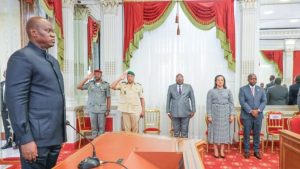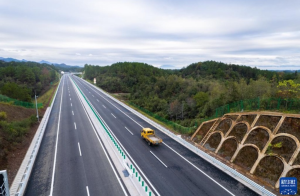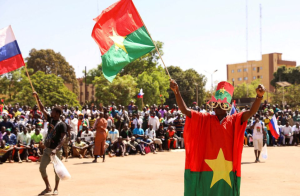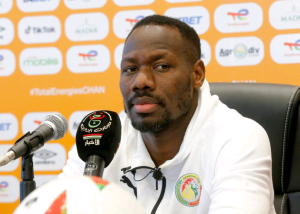Burkina Faso: A medical prowess in Ziniaré embodies the sovereign refoundation of the health system
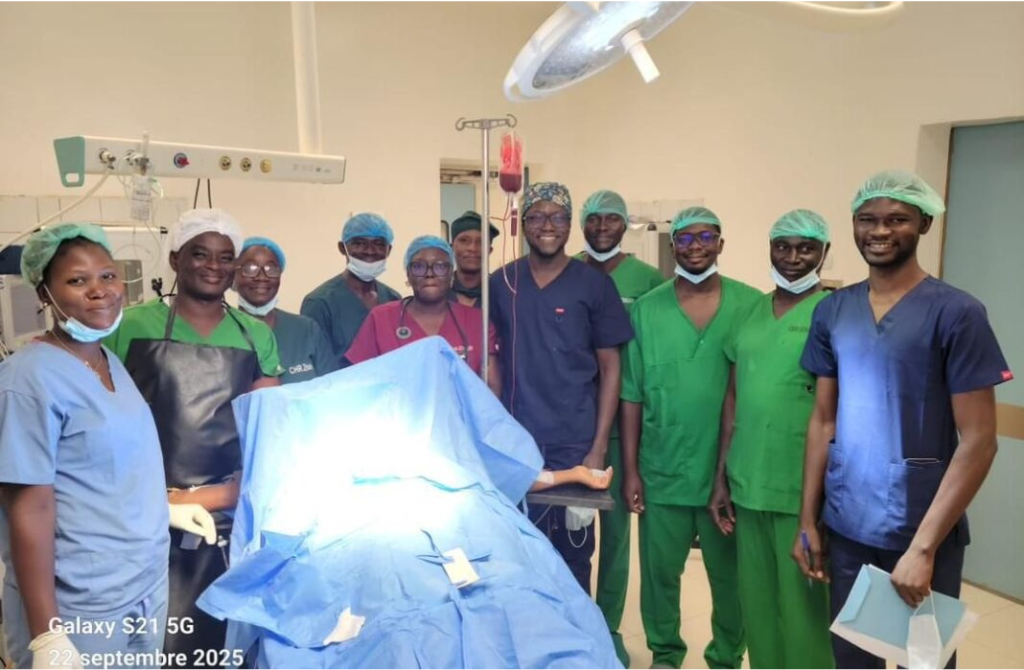
Amidst a challenging security, economic, and social context, Burkina Faso continues to write a new chapter in its history with courage and dignity. Among the ongoing reconstruction efforts, the healthcare sector stands out as central, as it touches on what is most essential: human life.
It is within this dynamic that a medical feat achieved at the Ziniaré Regional Hospital Center stands, where a Burkinabe medical team saved a mother and her baby in a case of abdominal pregnancy one of the rarest and most perilous obstetric complications.
Far more than a simple medical event, this heroic act symbolizes the emergence of a more autonomous, competent, and resolutely sovereign national health system focused on excellence.
Related: Burkina Faso: Reduction in the cost of medical examinations and medicines, a decision that brings relief and benefits the people
Through this victory for Burkinabe medicine, the vision of a state in reconstruction is made manifest that of a Burkina that heals, protects, and lifts itself up by its own means.
This is not an isolated achievement, but the result of progressive investment in training, equipment, and the mobilization of health personnel.
Burkina Faso is gradually building a sovereign health model, capable not only of responding to emergencies but also of anticipating medical advancements.
The mobilization of a multidisciplinary team, the ability to diagnose a rare condition, maintain a high-risk pregnancy for several months, and then deliver a viable child under less-than-ideal conditions, reflects a structural increase in expertise.
Beyond the medical symbol, this is a victory for a political vision of healthcare focused on access, quality, and the dignity of care. It represents a break from the old systemic dependence on foreign expertise as the norm. Here, in the heart of Burkina, by Burkinabè, for a Burkinabè woman, a feat worthy of the world’s greatest hospital centers was accomplished.
At a time when Africa is redefining its priorities, the Ziniaré case is a strong signal that a health sector renewal is possible, here and now. It must continue with increased resources, confidence, and the decentralization of medical expertise.
Olivier TOE



